LEGISLATIVE WATCH WYOMING: House Revenue Committee Advances Medicaid Expansion Bill, With Amendments (Part 1)
Lawmakers tacked on addendums to ensure Medicaid funds would not be used for abortions or gender confirmation surgeries
Jan. 20, 2023
By Jacob Gardenwartz
Special to the Wyoming Truth
Low income Wyomingites are one step closer to qualifying for government-funded health insurance, as Wyoming legislators on the House Revenue Committee voted Thursday to advance legislation expanding Medicaid access to the House floor.
Medicaid expansion cleared its first hurdle Thursday as the House Revenue Committee favorably reported HB80 to the House floor. (Photo by Michael Smith).
During a two-hour hearing on the controversial policy, experts and stakeholders representing both sides of the issue made their case. Kicking off the conversation, committee chair Rep. Steve Harshman (R-Casper) urged participants to maintain decorum.
“Certain bills bring more people to these meetings, and this is one of those bills,” Harshman noted. “And so when we have our discussion for and against and debate the merits of it and the non-merits, boy we’re going to do it in a real respectful way.”
Under current law, only a select group of Wyomingites qualify for Medicaid, the government health care program for the poor and those with disabilities. The Affordable Care Act and subsequent court actions enabled states to expand access to coverage beginning in 2012, but Wyoming is one of just nine other states — and the only state in the Mountain West — not to have done so.
But new federal incentives and growing grassroots support for expansion have given advocates hope that there’s momentum behind this push, the eighth such attempt in Wyoming to expand Medicaid in the past several years.
“I hope that when I return to work as a physician in Wyoming, I just will be able to care for all Wyomingites, not only those who can afford insurance,” testified Madeleine Prince, a first-year medical student in the WWAMI program and an expansion supporter.
Still, expansion proponents face severe headwinds pushing for any type of government expansion in deep-red Wyoming, and fears of government overreach were abound during Thursday’s hearing.
“This is incrementally taking us down a path that we've already gone a long ways down,” said Rep. John Bear (R-Gillette), chair of the far-right Wyoming Freedom Caucus and a top expansion opponent. “At some point, we must say ‘we’re not going to be held captive by the federal government.’”
House Revenue Committee chair Rep. Steve Harshman (R-Casper) noted that he once was an expansion opponent, but now believes "it's the right thing to do for the people." (Photo via YouTube / Wyoming Legislature)
Medicaid expansion by the numbers
According to testimony from Stefan Johansson, director of the Wyoming Department of Health, the federal government currently covers just 50% of the state’s Medicaid expenditures. If lawmakers were to pass HB80 and expand Medicaid to cover all Wyomingites earning below 138% of the federal poverty line — about $25,000 a year for a two-person household — the government would up its coverage to 90%.
In addition, Congress in 2021 added more incentives to encourage holdout states to expand Medicaid, raising the federal match percentage on traditional Medicaid spending by 5% for two years. As a result, Wyoming stands to save upwards of $32 million by expanding the policy, though such benefits would sunset unless Congress extends the policy.
But the state might be able to save even more funds, Johansson testified, by cutting other government programs that low-income Wyomingites would now be able to access through Medicaid. “We could grow the pie there, so to speak, and offset general funds,” Johansson said. But “it’s not all unicorns and rainbows,” he added, noting that “when you talk about offsets, even if it’s net positive, you know, that can be felt as a cut somewhere else to a specific program.”
From a coverage standpoint, state leaders estimate that about 19,000 uninsured Wyomingites would gain insurance coverage if expansion were enacted. In Montana, a state with similar demographics to Wyoming, the uninsured rate fell by 4% within three years after Medicaid was expanded in 2016. Expansion also was associated with a significant decline in overall cost spent on state Medicaid expenditures due to the increased access to federal funding, a recent report from the nonpartisan Center of Budget and Policy Priorities found.
Rep. Ed Buttrey, a Republican state representative from Montana central to that state’s expansion push, called expansion “the largest, most focused and most successful economic development plan in [Montana’s] history.”
“If anyone is going to tell you that Medicaid expansion is financially unaffordable Montana, they're just flat out wrong,” Buttrey testified.
Check back tomorrow for part two.
The Wyoming Truth is a nonpartisan, nonprofit news operation dedicated to helping the community and fighting for the rights of local citizens. To sign up for a free subscription, or to make a donation, please go to www.wyomingtruth.org. Other media outlets are free to run this article as long as they credit the “Wyoming Truth.” If you have any tips about this issue or others, or for more information about the Wyoming Truth, contact us at info@wyomingtruth.org.



